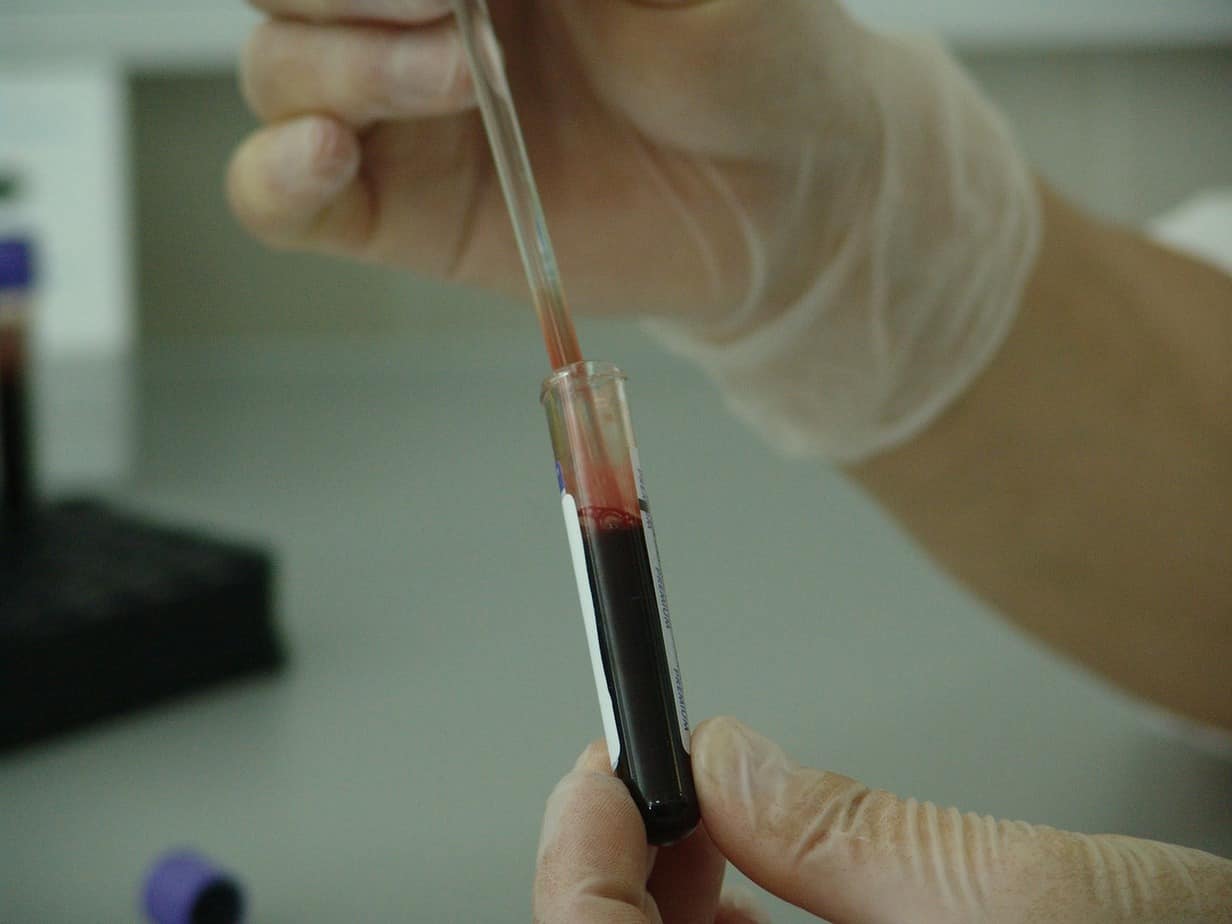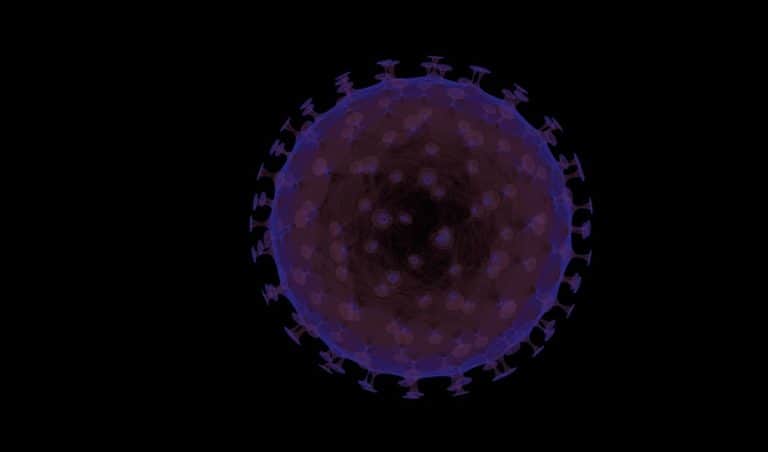Provenge information gathering can be challenging since this immunotherapy treatment for prostate cancer has been getting a lot of press lately. It can be difficult to wade through the rhetoric about what Provenge (sipuleucel-T) is, what it can and cannot do for men who have prostate cancer, and how to pay for treatment. So we decided to bring you Provenge information in the form of a list of 5 things you should know about Provenge.
Provenge is the only immunotherapy for prostate cancer
Why is this important? Because other treatments for prostate cancer tend to be destructive; that is, they are designed to destroy cancer cells (and usually kill healthy cells along the way) or stop hormone production (which throws the body into a hormone imbalance). Surgery (radical prostatectomy) and cryosurgery also are destructive and are associated with significant side effects. A radical prostatectomy involves removing the prostate and exposing men to risks of nerve damage, erectile dysfunction, urinary incontinence, and various other complications. Cryosurgery, which is an option for a limited number of men, involves inserting thin needles into the prostate and delivering a gas that freezes the prostate cancer cells, but healthy cells may be affected as well. Immunotherapy for prostate cancer, on the other hand, supports the immune system in its fight against the disease. Rather than compromise a man’s immune system, immunotherapy enhances it. That’s important Provenge information to know.
Provenge isn’t for every man with prostate cancer
Currently, the only Food and Drug Administration (FDA) approved use of Provenge is for men who meet the following criteria. In the future, Provenge may gain approval for early prostate cancer, and studies are underway toward that goal.
- Men must have no symptoms or minimal symptoms of prostate cancer. Therefore, men must have no cancer pain or, if they do experience pain, it must be mild enough not to require treatment with narcotics.
- Men must have undergone hormone therapy and experienced a worsening of the cancer since having the treatment. In other words, men must be hormone resistant.
- The prostate cancer must have spread beyond the prostate. In many cases this includes metastasis (spreading) to the bones, bladder, or other organs.
Only a doctor can decide whether a man is eligible for Provenge treatment.
Provenge can extend survival
In a clinical trial, Provenge extended survival for 341 men with advanced metastatic hormone-resistant prostate cancer by an average of 4.1 months when compared with 171 men who took a placebo. The average length of survival for men who took Provenge was 25.8 months compared with 21.7 months for men who did not undergo immunotherapy. In a smaller, subsequent study, the researchers had similar results: average survival was 25.9 months for men who took Provenge and 21.45 months for those who took placebo. Again, important Provenge information.
Provenge treatment takes less than 6 weeks
This bit of Provenge information is a real plus. While some prostate cancer treatments require men to take drugs for many months, Provenge prostate cancer treatment takes less than 6 weeks and involves three doses. Provenge is unique in that each dose is prepared specially for a patient from his own blood cells. The treatment schedule goes something like this:
- A complete blood count is performed to check blood cells levels.
- Blood cells to prepare the first dose are collected via a process called leukapheresis, which takes 3 to 4 hours. The blood is collected through a vein or catheter, processed through a machine to collect the necessary immune components, and then returned to the body.
- The collected immune cells are sent to a lab where they are treated with a recombinant antigen, which makes them able to attack prostate cancer cells. The completed dose is returned to the patient’s doctor within 2 to 3 days.
- The personalized Provenge dose is given by infusion to the patient within 3 days of the leukapheresis procedure.
- The second leukapheresis is performed two weeks after the first one, and the resulting Provenge dose is given within 3 days.
- The third leukapheresis is performed two weeks after the second one, and Provenge is administered within 3 days. This is the end of the treatment course.
You have payment options
The cost of Provenge treatment can cause sticker shock: about $93,000 for the actual treatment course, plus other costs such as doctors’ visits. Medicare has approved Provenge for reimbursement, and private insurance companies typically approve treatments okayed by Medicare. However, every insurance provider and policy is different, so men need to contact their insurance company for details. In addition, the Dendreon Corporation, which makes Provenge, has established several opportunities for men who may need financial assistance, although the company cannot guarantee men who apply will receive help. All in all, men who are worried about how to pay for Provenge do have some options. For more Provenge information, consult your healthcare provider.
Read more in our Prostate Cancer Health Center.







